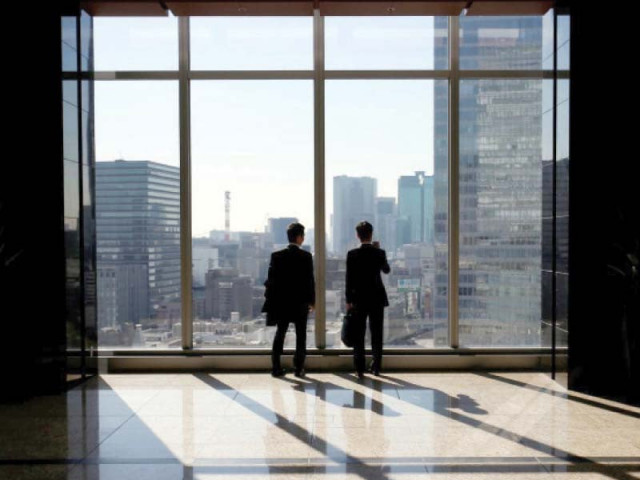Economic, financial cost of political chaos
Internal issues require structural reforms for which both sides in house should be united

People are queuing outside the heavily guarded Ceylon Petroleum Corporation’s petrol station in the busy district of Colombo as fuel shortage is hurting the Asian nation of Sri Lanka, which is reeling from the worst economic crisis amid political chaos that may trigger a civil war.
The world was already struggling to recover from the havoc of the Covid-19 pandemic and resultant supply chain disruptions, then comes the Ukraine war, which sends commodities prices from wheat to crude oil to the moon.
All these exogenous events were already devastating enough for the developing and import-oriented economies like Pakistan and the added political instability as a result of no-confidence motion further exasperated the economic scenario.
With the Pakistani rupee in a free fall crossing 190 in the open market last week and losing 5% value in just two weeks, and mounting pressure on external accounts, the State Bank of Pakistan (SBP) was compelled to turn hawkish by raising the interest rate by 250 basis points, which is the highest rate hike in decades.
However, there is very little that this countermeasure can do to undo the damage already done by the political unrest in the last few weeks.
The State Bank’s foreign currency reserves have fallen to the lowest level of $11.3 billion seen during the Covid peak in June 2020 and importers are finding it difficult to find the precious greenback to fulfill their international obligations.
The looming economic crisis also echoed in remarks made by the Chief Justice of Pakistan about the rupee devaluation and the falling reserves in the recent high-profile hearing with the objective to find a solution to end the political impasse.
However, the crisis seems far from over and may spill over to the streets in the coming days, causing further mayhem and uncertainty.
The same anxiety is being felt on the “wall street” of Pakistan at the Pakistan Stock Exchange (PSX), when the benchmark KSE-100 index plunged 1,400 points in four trading sessions.
Faisal Shaji, Chief Strategist at Standard Capital, is of the view that market participants are seeking clarity on the future political setup as well as policy decisions on interest rate, currency and resumption of IMF programme.
Besides the pundits discussing the legal and constitutional implications of the ongoing political crisis, there is little or no heed to the brewing economic storm in the backdrop of the pandemic and Ukrainian crisis.
Even the multilateral agencies led by the IMF have adopted a wait and watch policy till the settlement of political dust.
Also, the non-resident Pakistanis, who were sending their remittances, are puzzled and worried about the political change and its implications for various issues such as prospects of getting their long-awaited voting right through the Electronic Voting Machines and the future of Roshan Digital Account (RDA) initiative taken by the PTI government.
However, so far the opposition parties have only shown their strength in tallying the numbers and not in terms of policies and solutions they can offer to answer those pressing questions and most importantly bring economic relief to the common man from the external shocks.
Many of the underlying causes of the economic stress are external and beyond the control of anyone currently at the helm of affairs or going to take up the baton in future.
However, there are many internal issues such as increasing revenue collection, reducing non-productive government expenditures and getting rid of white elephants haemorrhaging the meagre resources of the exchequer.
But unfortunately, many of these or other internal issues are not short-term in nature and require structural reforms for which both sides in the house have to be united, which does not seem to be the case for the foreseeable future.
The writer is a financial market enthusiast and is attached to Pakistan’s stocks, commodities and emerging technology
Published in The Express Tribune, April 11th, 2022.
Like Business on Facebook, follow @TribuneBiz on Twitter to stay informed and join in the conversation.



















COMMENTS
Comments are moderated and generally will be posted if they are on-topic and not abusive.
For more information, please see our Comments FAQ